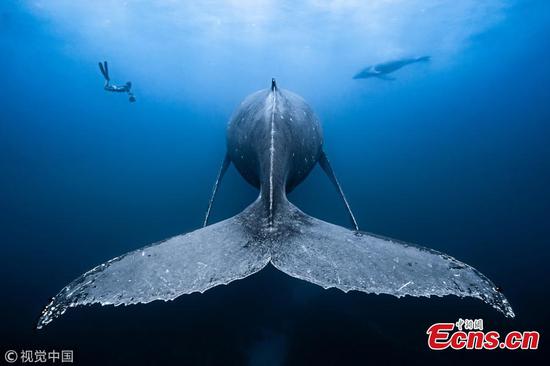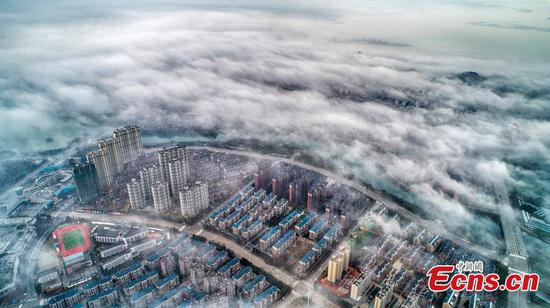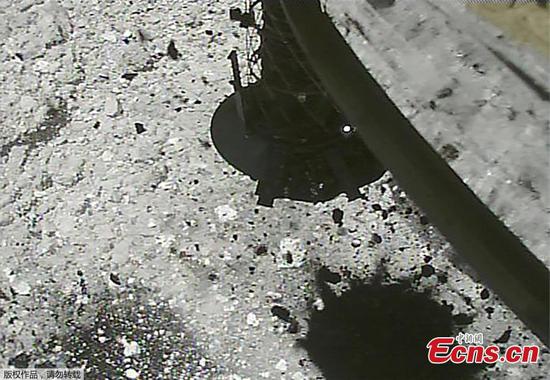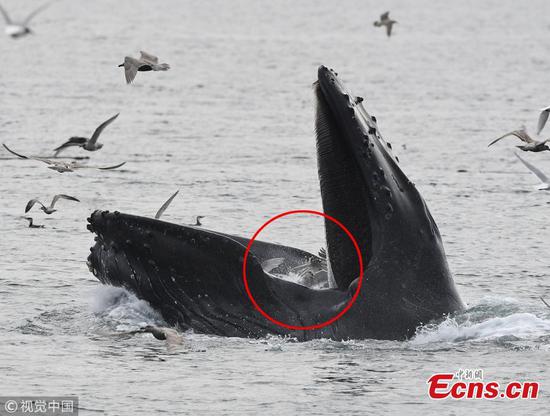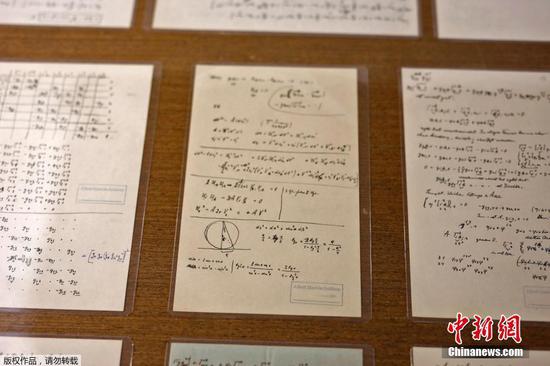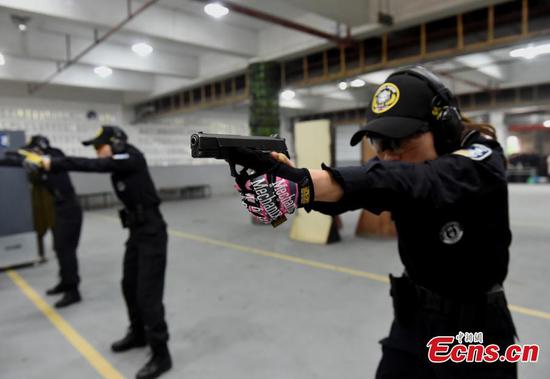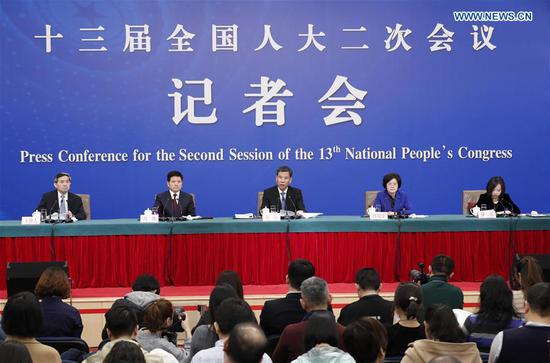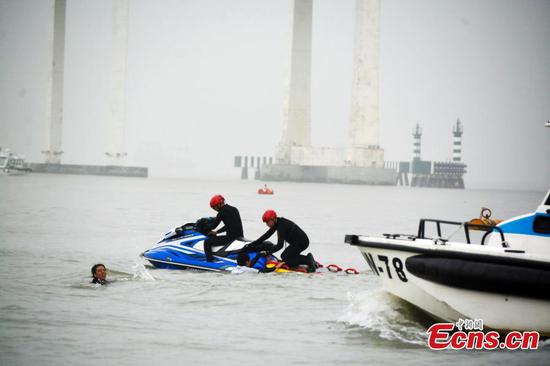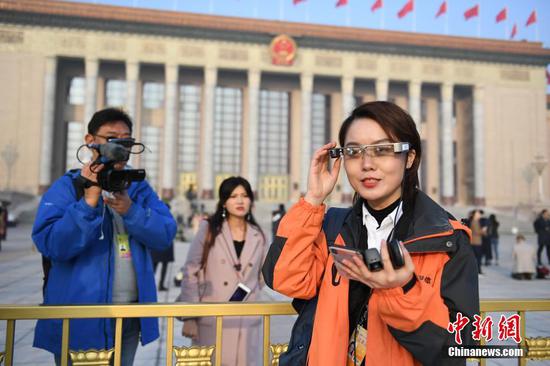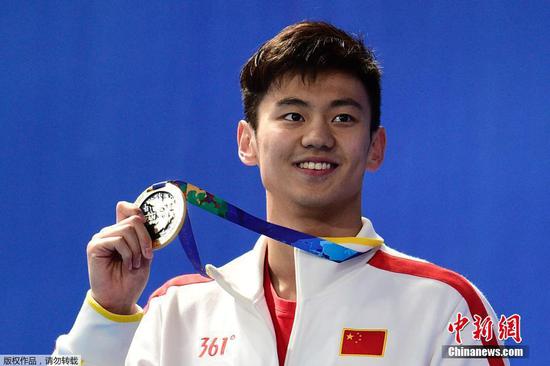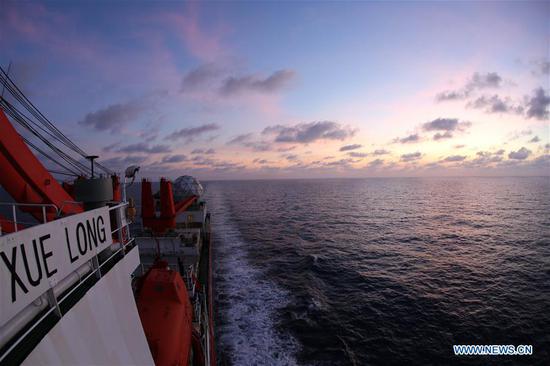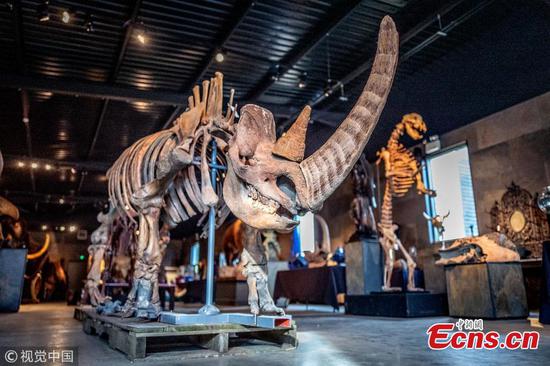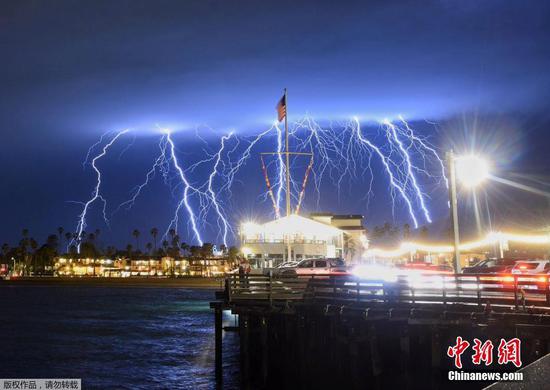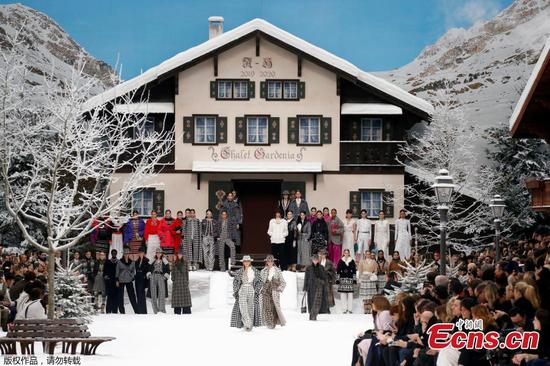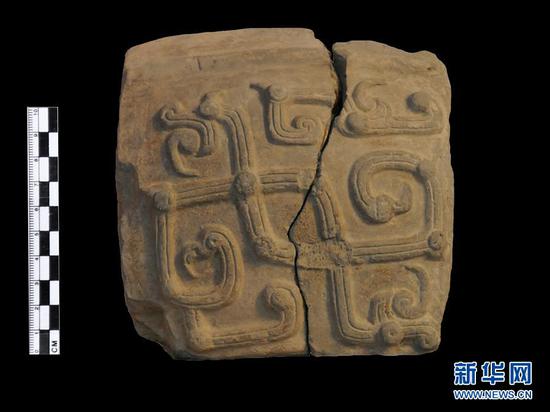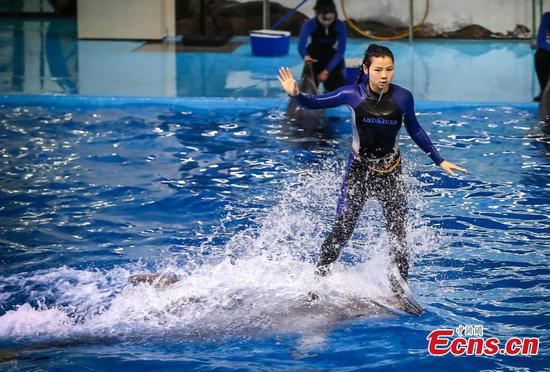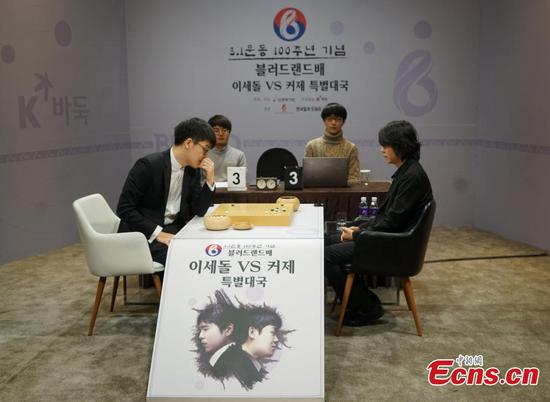A defence attorney for Huawei Technologies Co Ltd executive Meng Wanzhou said on Wednesday that he has "serious concerns" about the political nature of the U.S.' extradition case.
"This is a rare case in the extradition context," attorney Richard Peck told Associate Chief Justice Heather Holmes as he accompanied Meng at a brief appearance in British Columbia Supreme Court.
Meng, the chief financial officer for the telecom-equipment and smartphone giant based in Shenzhen, was arrested on Dec 1 at Vancouver International Airport at the request of U.S. authorities. Canada announced last week that it intends to proceed with the extradition.
Also in December, U.S. President Donald Trump said he would consider intervening in the case if it would be helpful to a trade deal with China. The U.S. and China are reportedly near reaching a trade agreement.
"There are serious concerns of a legal and factual nature that arise," Peck said.
Legal experts and Canadian officials have previously said the comments could allow Meng's lawyers to contend her prosecution is politically motivated, an argument that would resonate in Canada, where judges are particularly wary of abuse of the court system.
Peck said it would take time to develop arguments against extradition. He also indicated that there may be several applications that need to be addressed before the hearing can go ahead.
John Gibb-Carsley, the prosecutor representing the attorney general of Canada, said that over the coming weeks, the Crown and defence will discuss which applications need to be brought forward.
The judge set Meng's next court date for May 8. Peck's team plans to discuss with prosecutors what applications will be brought before that appearance.
Meng's attorneys have filed access-to-information requests with the Canada Border Service Agency and the Royal Canadian Mounted Police, but are facing some timing issues that they plan to pursue with Canada's privacy commissioner.
Some of those privacy concerns were detailed last week in a civil suit Meng launched against members of both agencies and Canada's attorney general over her three-hour detention at the airport, where Meng claimed officers violated her rights guaranteed under the Charter of Rights and Freedoms. She also said she was asked to hand over all electronic devices and to provide passwords.
"There are issues arising out of the treatment of Ms. Meng upon her arrival at the Vancouver International Airport and her detention and subsequent arrest," Peck said on Wednesday.
With appeals, it may be months or years before a judge could issue an order effectively recommending extradition to the United States.
Canada's minister of justice would have to make a final decision on whether to send Meng to the U.S.









